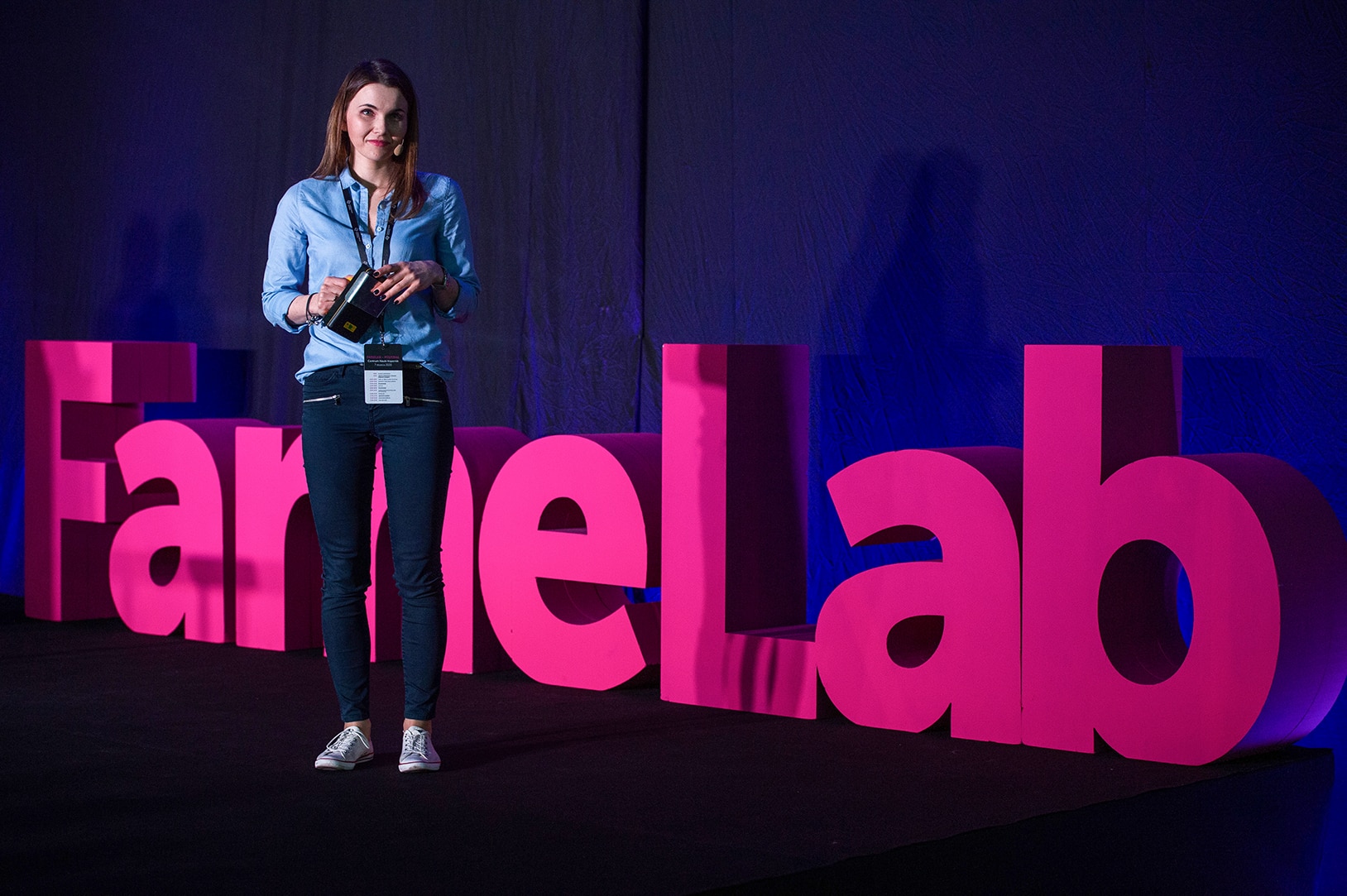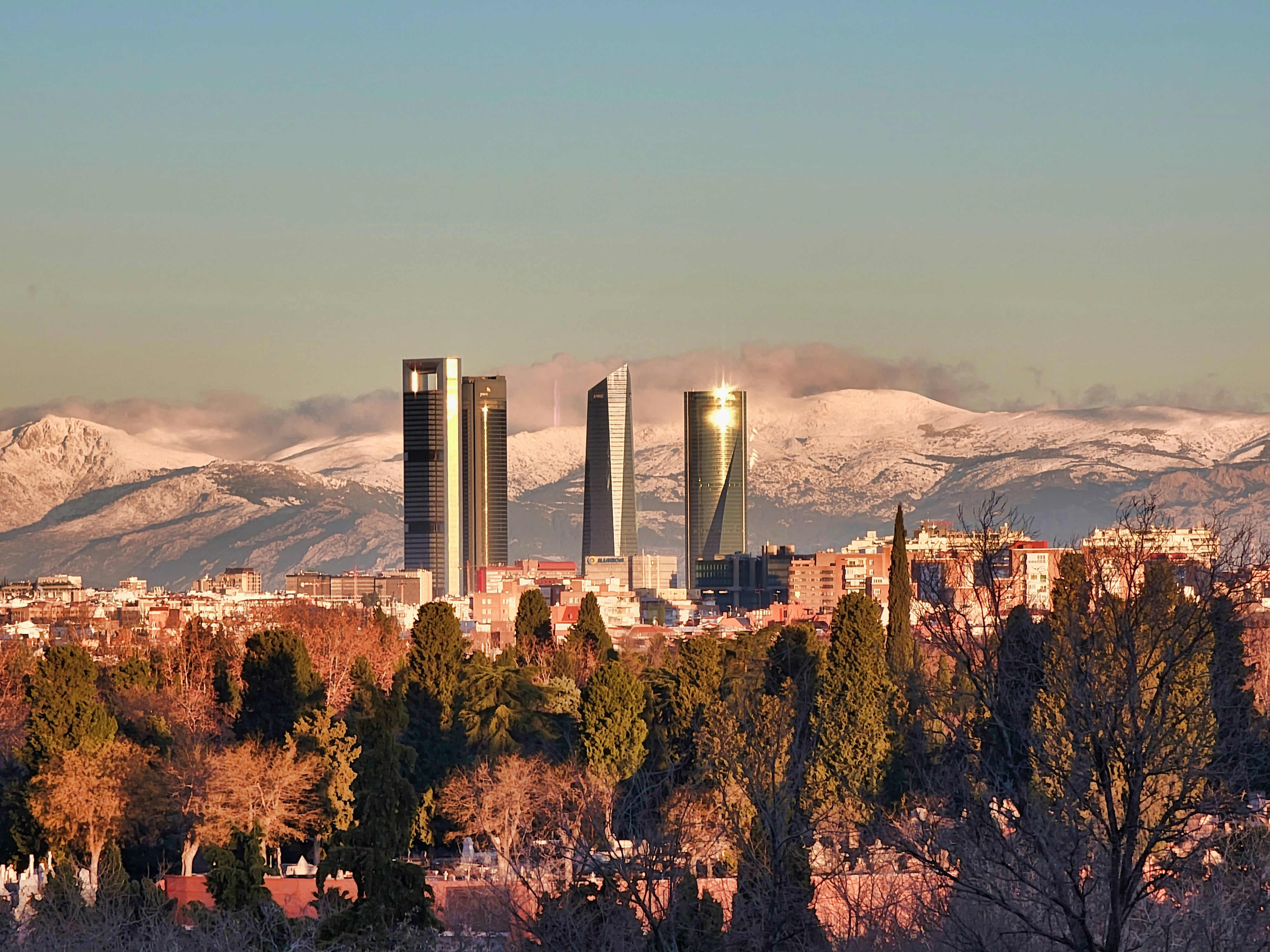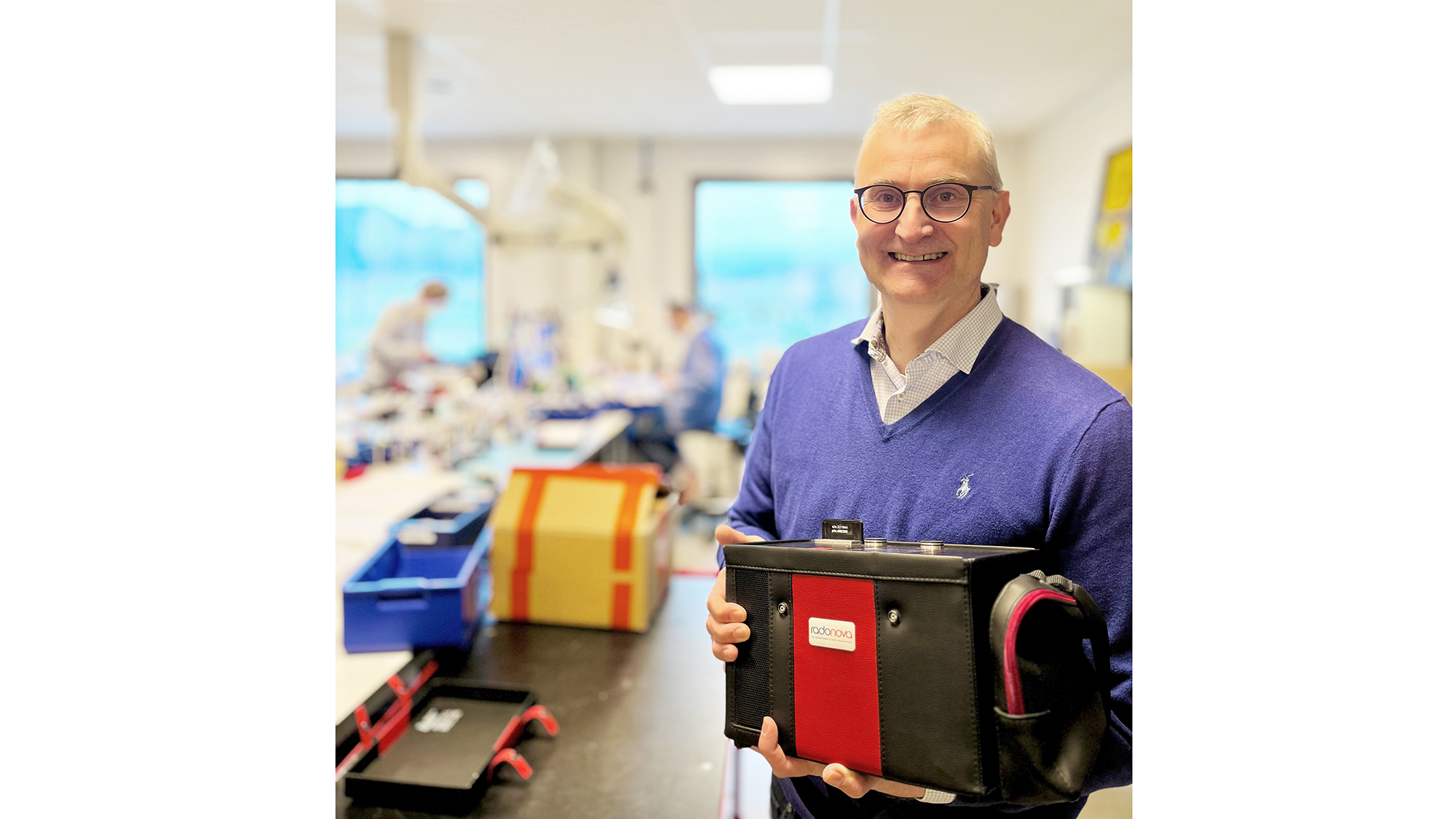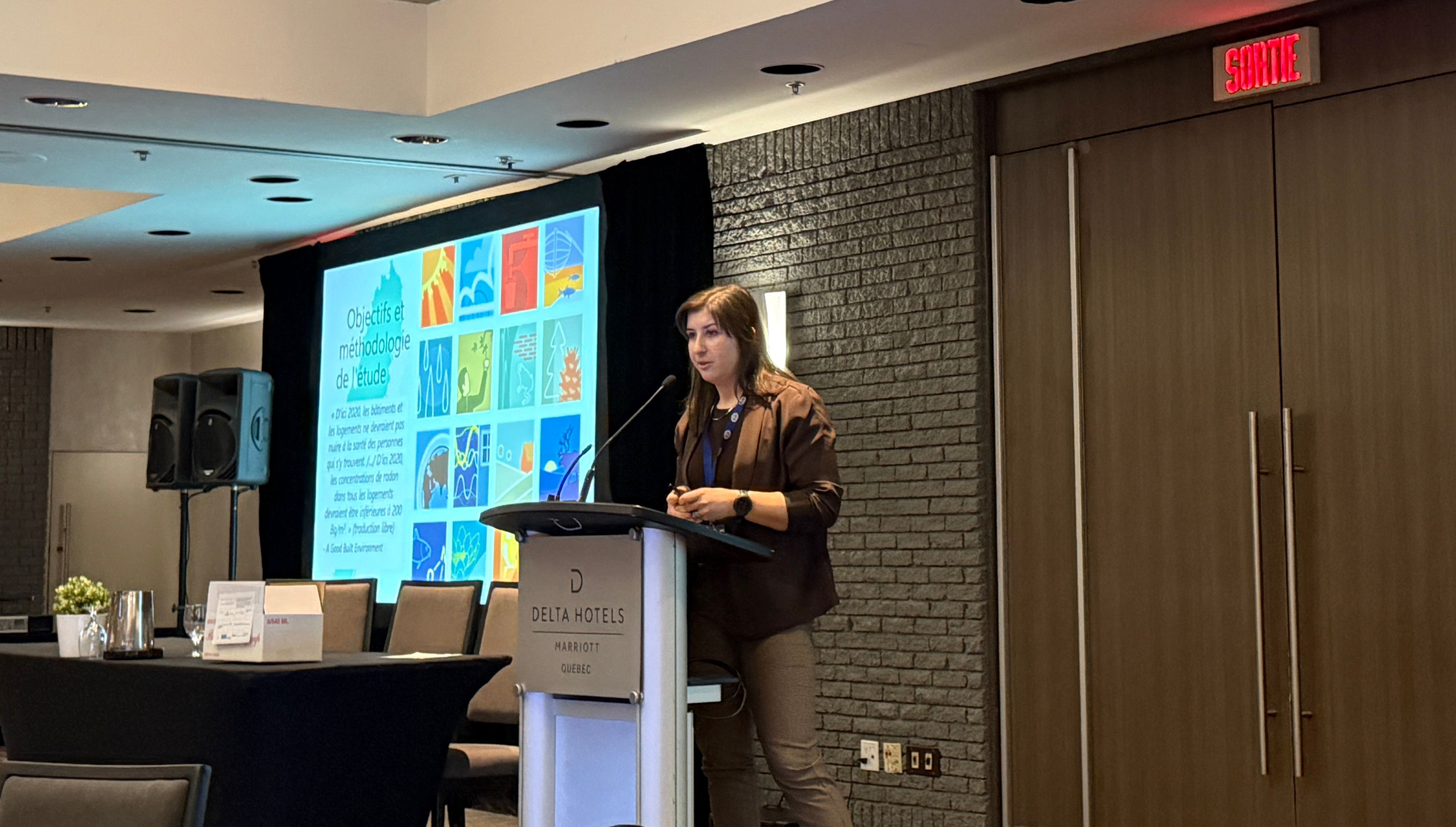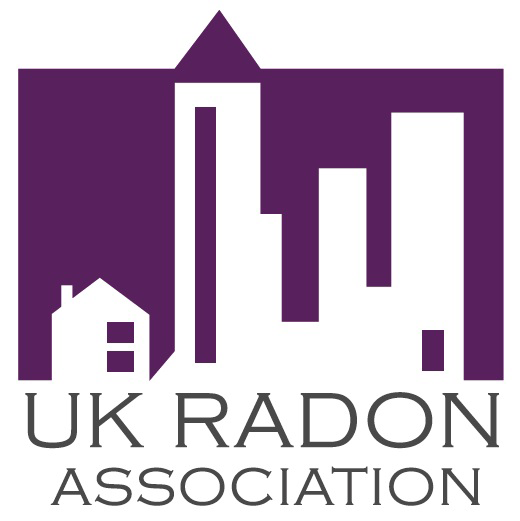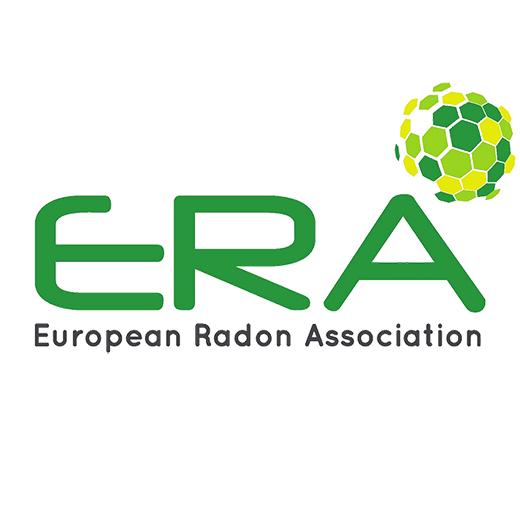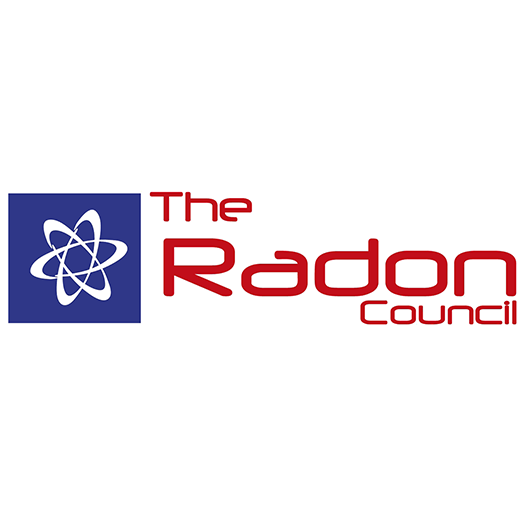Zuzanna Podgórska, an experienced radon specialist who manages Radonova’s Polish division, has made the finals of Polish FameLab. FameLab is an international competition to find and support the world’s most talented new science communicators. Cheltenham Festivals held the first FameLab in 2005. Its partnership with the British Council in 2007 took the competition global, and to date, more than 10,000 scientists and engineers have taken part. Poland has been an active member of the competition since 2012.
Unfortunately, due to the COVID-19 crisis this year’s Polish finals have been moved to 2021. However, there will be no preselection for the competition next year and all ten 2020 finalists will be given the opportunity to present their talks. Participants have three minutes to win over the judges and audience with a scientific talk that excels for its content, clarity and charisma. The British Council runs FameLab competitions in around 25 countries each year, and the winner of each national competition travels to the UK’s renowned Cheltenham Science Festival to compete in the FameLab International Final.
Zuzanna’s talk was titled “Deadly Undarkness – Between Absurdity and Unawareness”. In her presentation, she talked about a moment in history, soon after the discovery of radium, when people added the radioactive element to more or less everything: food, sweets, children’s toys, toothpaste and cosmetics.
Between 1917 and 1926, the U.S. Radium Corporation employed more than a hundred workers (mostly women) to paint watch and clock faces with their patented ”Undark” luminous paint. Workers were taught to shape paintbrushes with their mouths to maintain a fine point, and some used the material to paint their nails and teeth.
Five Radium Girls sued U.S. Radium in a case that initiated labor safety standards and workers’ rights. The case was settled in 1928, putting an end to shaping paintbrushes with the mouth and open containers of radium paint. Though radium was still used in clocks until the 1960s, new cases of acute radiation syndrome in dial painters came to a halt, and soon after, so did the popularity of radium-containing products and toys. Zuzanna finished her talk with a quote from Maria Skłodowska Curie: “Nothing in life is to be feared, it is only to be understood.”
Zuzanna has worked as a specialist in the Central Laboratory for Radiological Protection since 2013. She has a master’s degree from Warsaw University of Technology, where she studied passive radon detectors. Her PhD studies were in the Nuclear Physics department working on geological radon mapping. She is involved in teaching and the popularization of science and has wide experience in the field of radiation protection. She is a qualified Radiation Protection Inspector.
At Radonova, we wish Zuzanna all the best next year in the Polish final and congratulate her on achievements to date in such a prestigious competition.
About Radonova
Radonova is the laboratory of choice for numerous government radon surveys, as well as other public and private sector large scale measurement contracts around the world. A truly global laboratory, Radonova is active in over 50 countries and has performed millions of measurements.
For more information about radon and radon measurement visit https://radonova.co.uk
